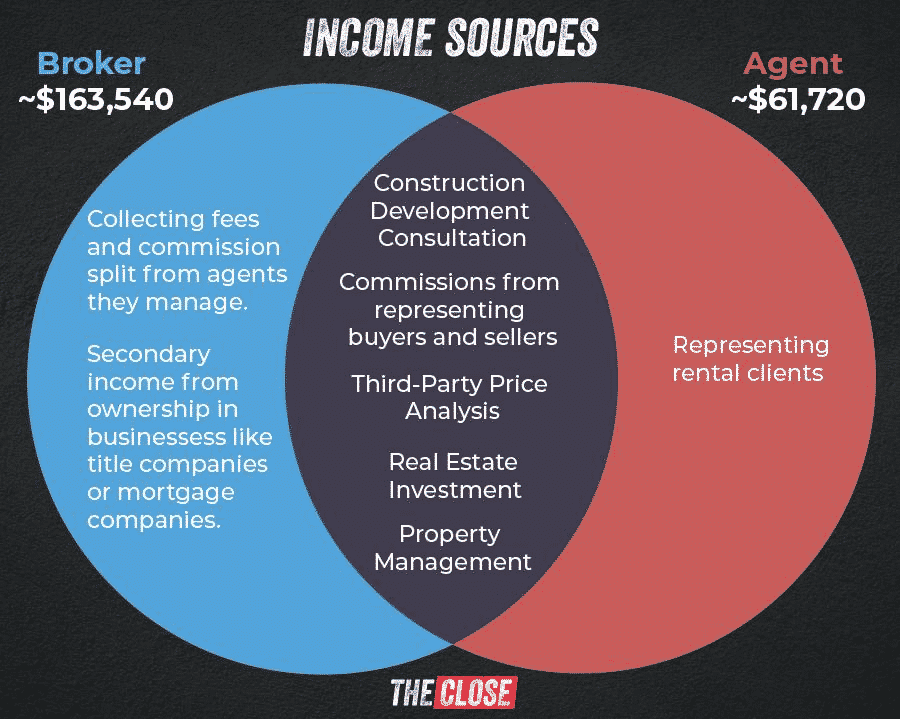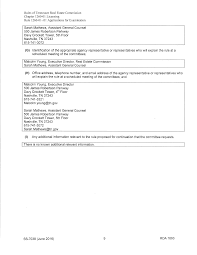
It is important to learn about the company before buying a REIT. Research the company's history, and how it compares to its competitors. This will help you determine if the company will pay out good dividends. You should also know about the risks of buying REITs.
Tip to Buy REITs
If you are considering investing in REITs, it is important to consider the quality of the company and its earnings before making a decision. The company's earnings include funds earned from its properties and any cash available to pay dividends. You should also look at the fees associated with the investment. Diversification is another important aspect to consider. Some REITs invest heavily in a particular type of property. This can increase the risk that you will lose your investment. You can reduce your risk by investing in multiple REITs and diversifying your portfolio.
Set up a brokerage accounts is one of best ways to invest into REITs. This process only takes a few minutes and allows you to buy and sell publicly traded REITs. These investments are known for paying high dividends. REITs may also offer tax-favored accounts that allow you to keep your money in an account that is not subject to taxes. You won't be charged any taxes for the distributions you get.
Taxes on dividends
Investors need to be aware of taxes on dividends when buying REITs. Capital gains are when a REIT sells real estate assets. These capital gains can be included in dividends. The amount you pay in tax will depend on whether you qualify for tax concessions. The investor's marginal rate of tax will determine whether the dividend is eligible for special tax concessions.

You can save taxes by investing in REITs without close ownership. In addition, they need to be careful to avoid REITs that do not have a five-year dividend history. A REIT cannot be held by more that 50% of individuals. The Tax Cuts and Jobs Act has a 20% deduction available for pass-through income.
Liquidity
REITs should take liquidity into account. It can help them withstand unexpected changes in the value of the assets. REITs have the ability to increase their value by giving a portion of their earnings back to investors. During the recent downturn, REITs have taken advantage of lower interest rates to increase their cash balances and improve their liquidity. But REITs should not considered safe investments. Volatility is a natural part of business.
REITs can also provide liquidity as shares are available for purchase and sale on the stock market. Investors can make changes to their investment strategy or access cash with this liquidity. In addition, investors may find REITs attractive because real estate is a non-correlated asset class.
Risks of investing in REITs
REITs may provide steady income in dividends but investors should remember that REITs cannot be considered risk-free investments. The reason is that REITs trade just like stocks and may lose value. REIT stocks can be risky investments. However, they have to compete with other high yield investment options.
Another important risk is the interest rate risk. Rising interest rate risk will affect REIT cash flows by increasing the cost of borrowing. However, these risks can be mitigated by the fact that REITs tend to have solid balance sheets. These managers try to maintain a healthy amount of leverage. Investors should be aware of this fact.

When should you buy
It is important to assess your financial situation before you make a decision to invest in REITs. Also, understand the tax implications for investing in REITs. Since they generate much of their value through dividend income, they may not be the best choice for investors who are looking to maximize their tax benefit.
A major challenge facing REITs right now is the uncertainty surrounding the master lease expirations. Investors are often motivated to sell because of this uncertainty. Their fundamentals have been affected as a consequence. Despite the uncertainty, most investors fail to take into account the fact that short-term issues have little impact on long-term prospects.
FAQ
How can I calculate my interest rate
Market conditions affect the rate of interest. The average interest rates for the last week were 4.39%. Divide the length of your loan by the interest rates to calculate your interest rate. For example: If you finance $200,000 over 20 year at 5% per annum, your interest rates are 0.05 x 20% 1% which equals ten base points.
What should you consider when investing in real estate?
The first step is to make sure you have enough money to buy real estate. You will need to borrow money from a bank if you don’t have enough cash. It is important to avoid getting into debt as you may not be able pay the loan back if you default.
It is also important to know how much money you can afford each month for an investment property. This amount should cover all costs associated with the property, such as mortgage payments and insurance.
Finally, you must ensure that the area where you want to buy an investment property is safe. You would be better off if you moved to another area while looking at properties.
What should I look out for in a mortgage broker
A mortgage broker assists people who aren’t eligible for traditional mortgages. They search through lenders to find the right deal for their clients. This service may be charged by some brokers. Others offer free services.
Statistics
- Private mortgage insurance may be required for conventional loans when the borrower puts less than 20% down.4 FHA loans are mortgage loans issued by private lenders and backed by the federal government. (investopedia.com)
- This means that all of your housing-related expenses each month do not exceed 43% of your monthly income. (fortunebuilders.com)
- 10 years ago, homeownership was nearly 70%. (fortunebuilders.com)
- It's possible to get approved for an FHA loan with a credit score as low as 580 and a down payment of 3.5% or a credit score as low as 500 and a 10% down payment.5 Specialty mortgage loans are loans that don't fit into the conventional or FHA loan categories. (investopedia.com)
- When it came to buying a home in 2015, experts predicted that mortgage rates would surpass five percent, yet interest rates remained below four percent. (fortunebuilders.com)
External Links
How To
How do I find an apartment?
Moving to a new place is only the beginning. This takes planning and research. It includes finding the right neighborhood, researching neighborhoods, reading reviews, and making phone calls. While there are many options, some methods are easier than others. These are the steps to follow before you rent an apartment.
-
Researching neighborhoods involves gathering data online and offline. Online resources include Yelp and Zillow as well as Trulia and Realtor.com. Local newspapers, real estate agents and landlords are all offline sources.
-
Read reviews of the area you want to live in. Yelp, TripAdvisor and Amazon provide detailed reviews of houses and apartments. You may also read local newspaper articles and check out your local library.
-
Call the local residents to find out more about the area. Talk to those who have lived there. Ask them what the best and worst things about the area. Ask them if they have any recommendations on good places to live.
-
Take into account the rent prices in areas you are interested in. You might consider renting somewhere more affordable if you anticipate spending most of your money on food. Consider moving to a higher-end location if you expect to spend a lot money on entertainment.
-
Find out information about the apartment block you would like to move into. How big is the apartment complex? How much is it worth? Is it pet-friendly? What amenities is it equipped with? Do you need parking, or can you park nearby? Do you have any special rules applicable to tenants?